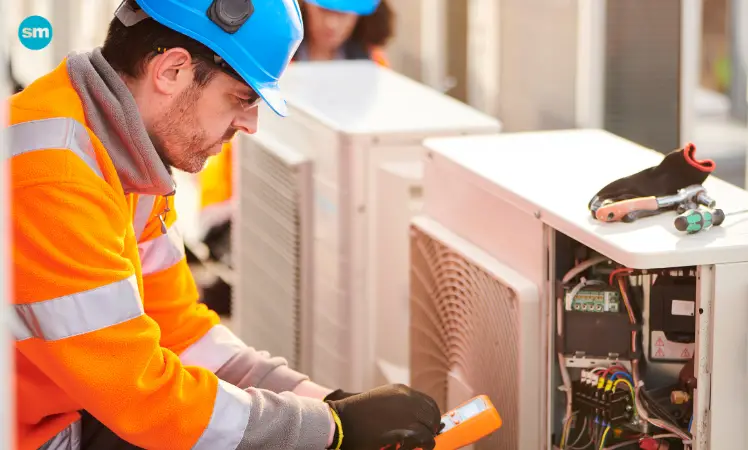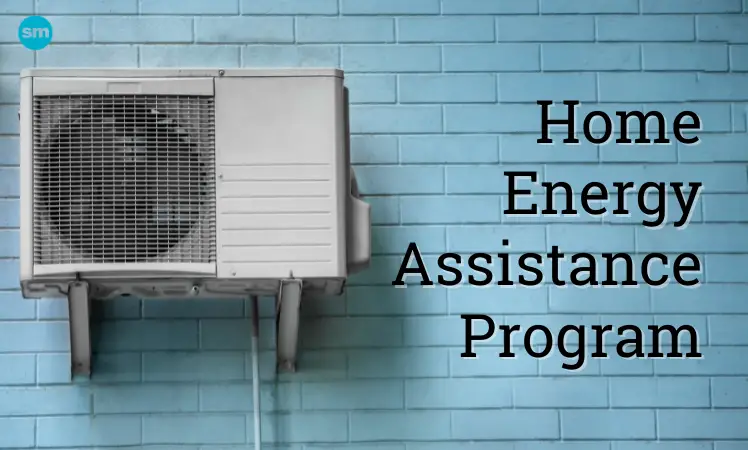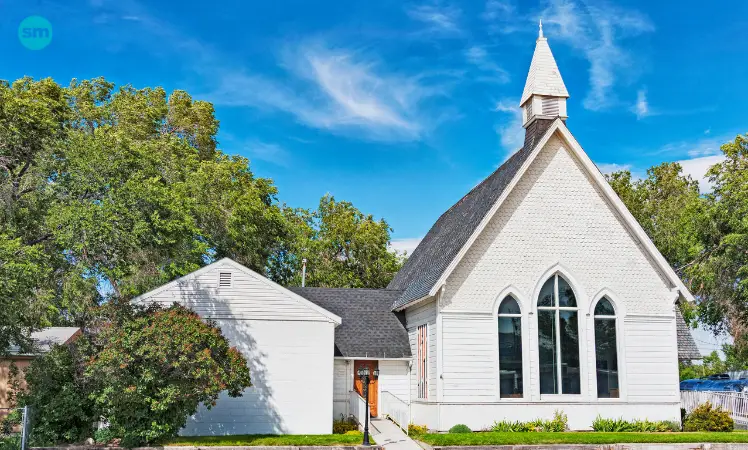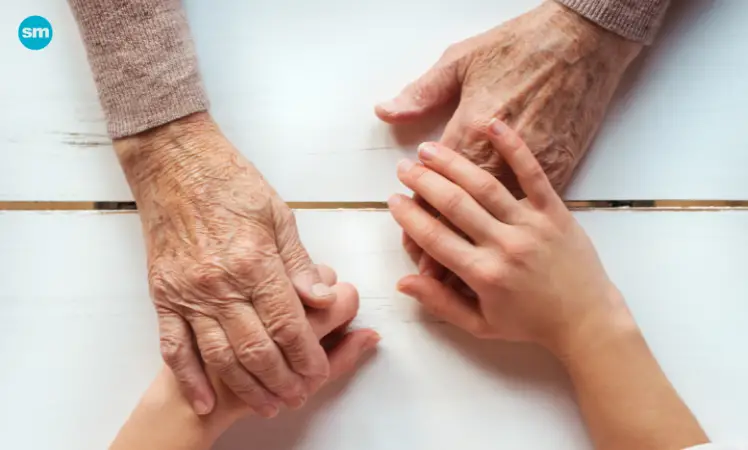Get A Free Air Conditioner for Low-income Families
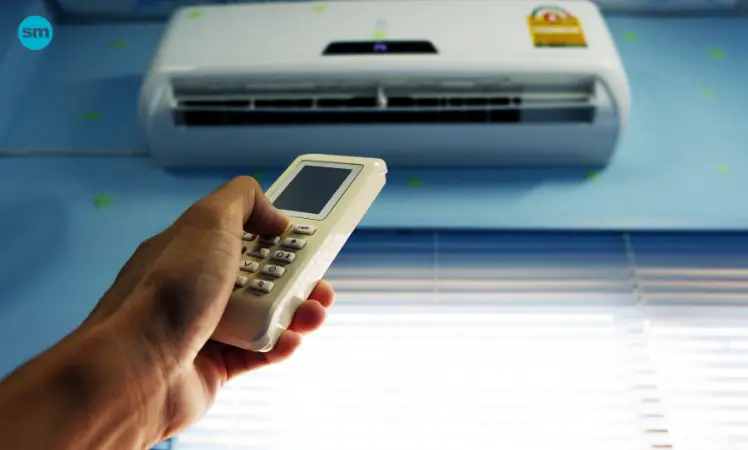
Last Updated on September 18, 2023 by Lori Pace
Air conditioning assistance is a key program for low-income families. So, many NGOs, charities, and government agencies provide free air conditioners. A senior program is available for those over 65. Donators are the main source of funds and donations that enable free air conditioners to be serviced.
After submitting their application, all applicants for free air conditioners are granted a free unit. But, even if a low-income family is not eligible for a free conditioner, they can have their window fan repaired or replaced by the government.
The government pays for the cost of new or repaired air conditioners under assistance programs. All low-income households can receive a free air conditioner as part of a government program. This program is not only for the government. It also includes many non-profit organizations, charities trusts, NGOs, and other organizations. Grant permission is required to access the 2020 air conditioner unit.
So, apply for air conditioner programs free of charge if you have health issues. Then, you don’t have to worry about getting air conditioners for health reasons.
Government Free Air Conditioner Assistance To Low-Income Families
I’ve personally discovered local communities that offer free air conditioning units to low-income families and individuals with disabilities. These close-knit communities not only distribute air conditioners but also offer repair services for AC units in need. It’s important to note that the state government must approve these programs, and the terms and availability can vary from year to year.
This program is currently offered by 35 states to ensure that everyone in low-income households can have an AC. If they are disabled, seniors can also take part in these programs to receive free air conditioners.
The HEAP Free Air Conditioner For Low-Income Families
Low-income families can get assistance through the Home Energy Assistance Program (HEAP) to heat their homes. In one year, you can get a free air conditioner through the Heap program. They can also be called in an emergency situation, such as road damage or shutoff of the utility service. Heap provides air conditioning assistance to low-income families.
One thing to note is that the HEAP benefits can be accessed in November, or from mid-November through the winter season. The program continues until the fund runs out. HEAP can help you heat your home with natural gas, kerosene, corn, and wood. The heap is available to assist victims of accidents, such as body burns. HEAP will help you in any situation, not only with body-burning cases.
Methodology of HEAP
HEAP can provide heating facilities to your home if it is using natural gas, oil, corn, or kerosene. No matter where you are from, the government has programs that provide air conditioners for low-income families. All benefits are also available by visiting your local government office.
As of my last interaction with the program in 2020, the HEAP program traditionally begins offering its services on May 1st each year. HEAP officials typically share eligibility criteria to help applicants understand their qualifications. If you meet these criteria, you may be eligible to receive either an air conditioner or a fan to alleviate the heat.
It’s important to mention that if the air conditioning installation isn’t feasible in your location, you may still receive a cooling solution in the form of a fan. Additionally, I’ve found that many trustworthy non-governmental organizations (NGOs) and charitable organizations can provide financial assistance of up to $800 to help with cooling solutions. It’s worth noting that benefits or assistance typically do not extend beyond this specified amount.
Eligibility criteria of Home Energy Assistance Program (HEAP)
To qualify for the free air conditioner, one must meet certain criteria. The HEAP program will provide a free air conditioner to low-income families. So, below are the requirements for HEAP to provide free air conditioners.
- Your family members and you have American citizenship. You must have your home in the designated area. Also, you should provide proof that one of your relatives’ health has been affected by heat.
- You will need a code from Supplemental Security Income (SSI). It should be A code.
- If you are eligible for $21 in benefits during the current year, and have a HEAP AC older than five years, you may be able to participate again in it.
- You are not eligible if you have received a free AC from the HEAP within the past 10 years.
To apply for air conditioning assistance for low-income families, the applicant must go to the head department. Otherwise, your application may be rejected.
HEAP Monthly Income Limits
In my personal experience, I’ve come across the income thresholds for assistance programs like HEAP. These thresholds vary by household size and are essential to determine eligibility. For example, a household of one should have a maximum gross monthly income of $2,494 to qualify. Each additional family member adds $553 to this threshold. Understanding these income limits can be crucial when applying for free air conditioning assistance.
So, if you have applied for free AC through the government and met its requirements, you will be able to find out where you can purchase an air conditioner. Check the website to find the nearest branch. The local branch will confirm that they will provide a free AC. Then, they will come to your house and set up the AC correctly. It is now your responsibility to keep the AC running for a long period of time.
How to Apply For the Home Energy Assistance Program (HEAP)
You must meet the eligibility criteria to apply online for the Home Energy Assistance Program. After reviewing your application and determining that you are suitable for cooling and housing assistance, the coordinator visits your home and installs a free AC.
Low-Income Family Home Energy Assistance Program
I’ve had personal interactions with LIHEAP, the Low-Income Family Home Energy Assistance Program, and can confirm their commitment to ensuring that your air conditioner remains in working order. If your AC unit is no longer functional, they may even provide a replacement. LIHEAP receives support from numerous organizations dedicated to home energy assistance. To start the process, visit your local social service office and complete the application form, ensuring you meet the eligibility criteria. Don’t forget to review the income guidelines, and if you have a family member in need of medical attention due to heat-related issues, be sure to provide the necessary documentation when requesting a free air conditioner.
Free Air Conditioner From Local Communities And Churches
Salvation Army Free Air Conditioner
Salvation Army Thrift Stores offers another option to get a free AC for the disabled. Even if you don’t meet the eligibility criteria, you can still get AC at these thrift stores for a small amount of money. Army stores will offer you items and offers based on your location. AC will be free for one member of your family who is in a worse condition. Even though you don’t need AC, you can also get free furniture vouchers from the Salvation Army. The Salvation Army helps single mothers who are homeless and in need of food, shelter, and other grants.
Society of Saint Vincent de Paul
Having personally interacted with the Society of Saint Vincent de Paul, I can vouch for their dedication to helping those in need. This international volunteer organization offers a program that provides free air conditioners to individuals who can explain their challenging circumstances. If you reside in a modest living space and require relief from the heat, consider reaching out to this organization. Keep in mind that they may request documentation and proof of identity during the application process.
An appointment will be made after you have submitted an application. Hence, if you are granted permission to install AC at your home, the AC will be installed. This organization only allows one AC per home. Senior citizens and children with asthma should be concerned about society’s authorities. They work closely with WCPO – 9. Together, they have donated over 500 fans and 350 ACs for those in need.
Craigslist
Craigslist, a platform I’ve used firsthand, offers a convenient way to find items you need in your local area. Sellers list their products, and buyers can select what suits them best. Additionally, Craigslist has a section where generous individuals donate items for free to those in need. If you’re looking for a free air conditioner, visiting Craigslist’s ‘Free’ section in your area can be a practical option.
Free Air Conditioners For The Senior People
Senior citizens often live alone and have health problems. They may find it difficult to manage the heat without AC. Government programs and charities offer free air conditioners. LIHEAP is one of these organizations. Other organizations are also available that cater to low-income families. We know that seniors suffer from poor health if they don’t have access to an air conditioner. So, their room temperature must be controlled. The heat mode can be activated if the temperature outside is low.
Free Air Conditioner for Disabled
As someone who’s navigated assistance programs personally, I can share that there are special programs catering to individuals with disabilities. Many compassionate churches and charitable organizations run summer cooling initiatives tailored to those with disabilities. These programs offer financial assistance, loan options, and even window fans to help ease the summer heat. If you find yourself ineligible for one program, don’t lose hope; there might be alternative routes to secure the funding needed for an air conditioner. Additionally, consider discussing your condition with sellers; they may be willing to provide a free or affordable second-hand AC to support your comfort.
Free Air Conditioner For The Medical Reasons
It’s a fact that many individuals face medical conditions that necessitate the use of an air conditioner for health reasons. In my experience, reaching out to health charity organizations is a crucial step to securing a free air conditioner. Be prepared to submit medical documentation along with a request letter detailing why the air conditioner is essential for your health. Once you’ve submitted these documents, you can expect a visit from the charity organization to assess your location and ensure the patient’s needs are met. In cases of genuine medical necessity, many charitable organizations are willing to provide air conditioning units at no cost.
Cooling Assistance Program
Based on my personal knowledge, the cooling assistance program is designed to help individuals with medical conditions obtain air conditioning. Typically, this program opens its application process during the months of May and August. For more specific details and inquiries, you can reach out at (718) 557-1339.
Find out the eligibility criteria for the Cooling Assistance Program.
- Meet HEAP eligibility requirements with income guidelines
- One member of your family must have health problems.
- A valid certificate or other document must be provided by a doctor to substantiate the health problem.
- You are not eligible for the NYHA or section-8 subsidized housing.
- The free air conditioner was not available through another program.
- ACs that are currently in use must be at least 5 years old.
You will not be eligible for free air conditioners for seniors if you cannot meet any of the above terms.
Where Can I Get A Free Air Conditioner
I understand the importance of finding reliable sources for essential needs. If you’re seeking a free air conditioner due to financial constraints, we’ve already discussed various pathways available to low-income families and individuals. Below, I’ll highlight some of the most accessible routes to obtain a free unit.
- Benefits and assistance from the government for low-income families in home energy
- Non-profit organizations receive free air conditions
- Online platforms that offer free air conditions
- Churches and other charities that provide free air to families with low incomes

